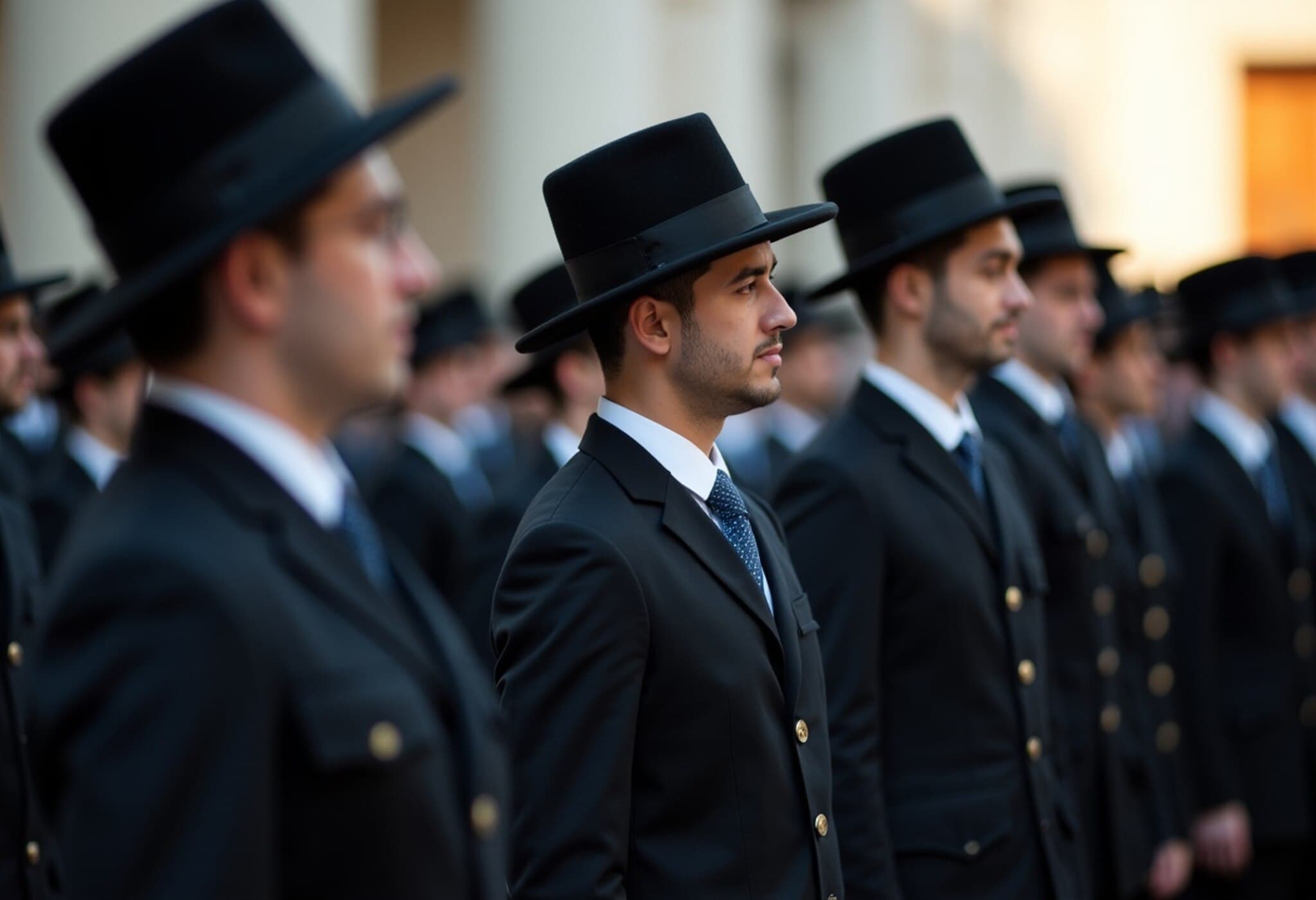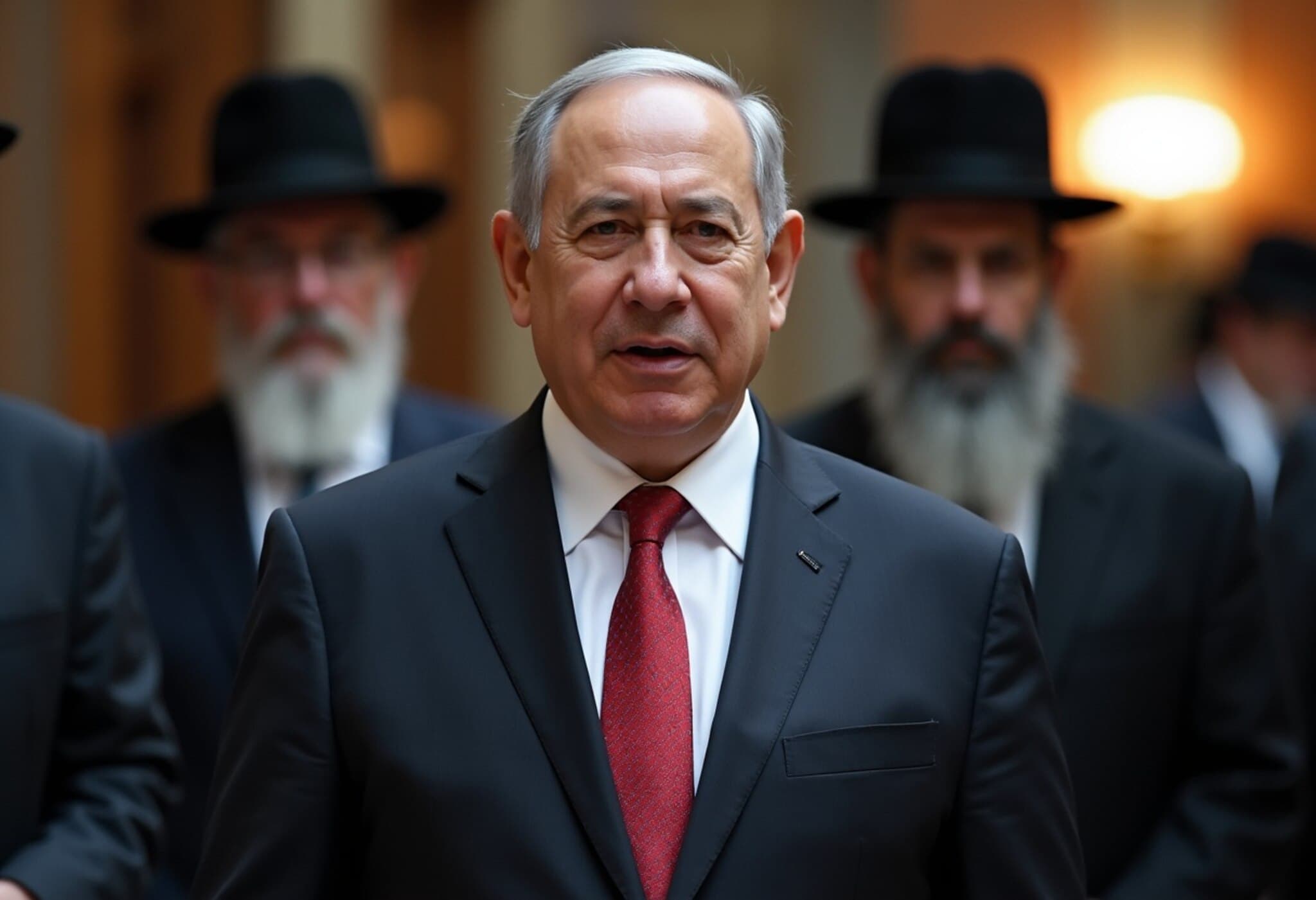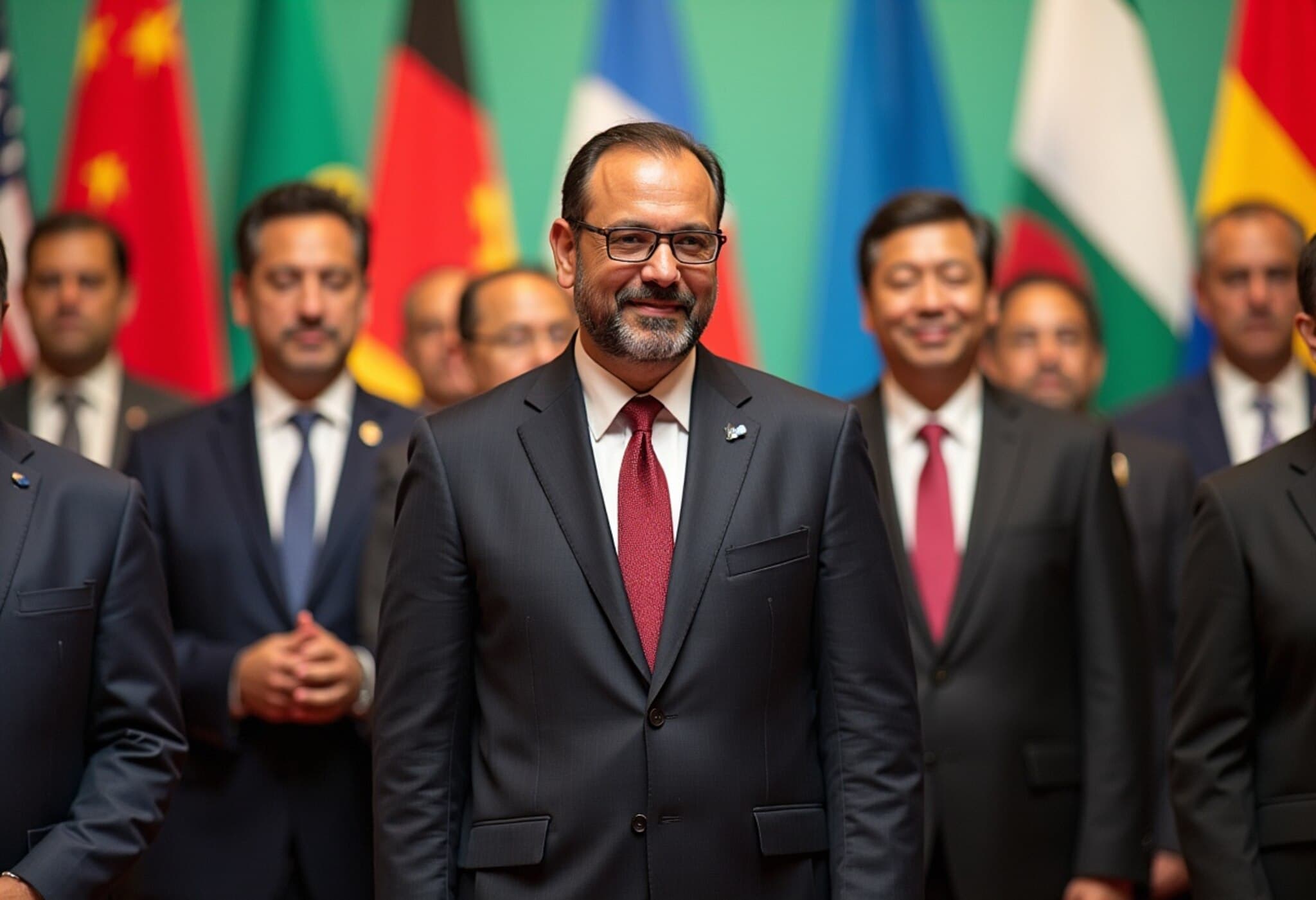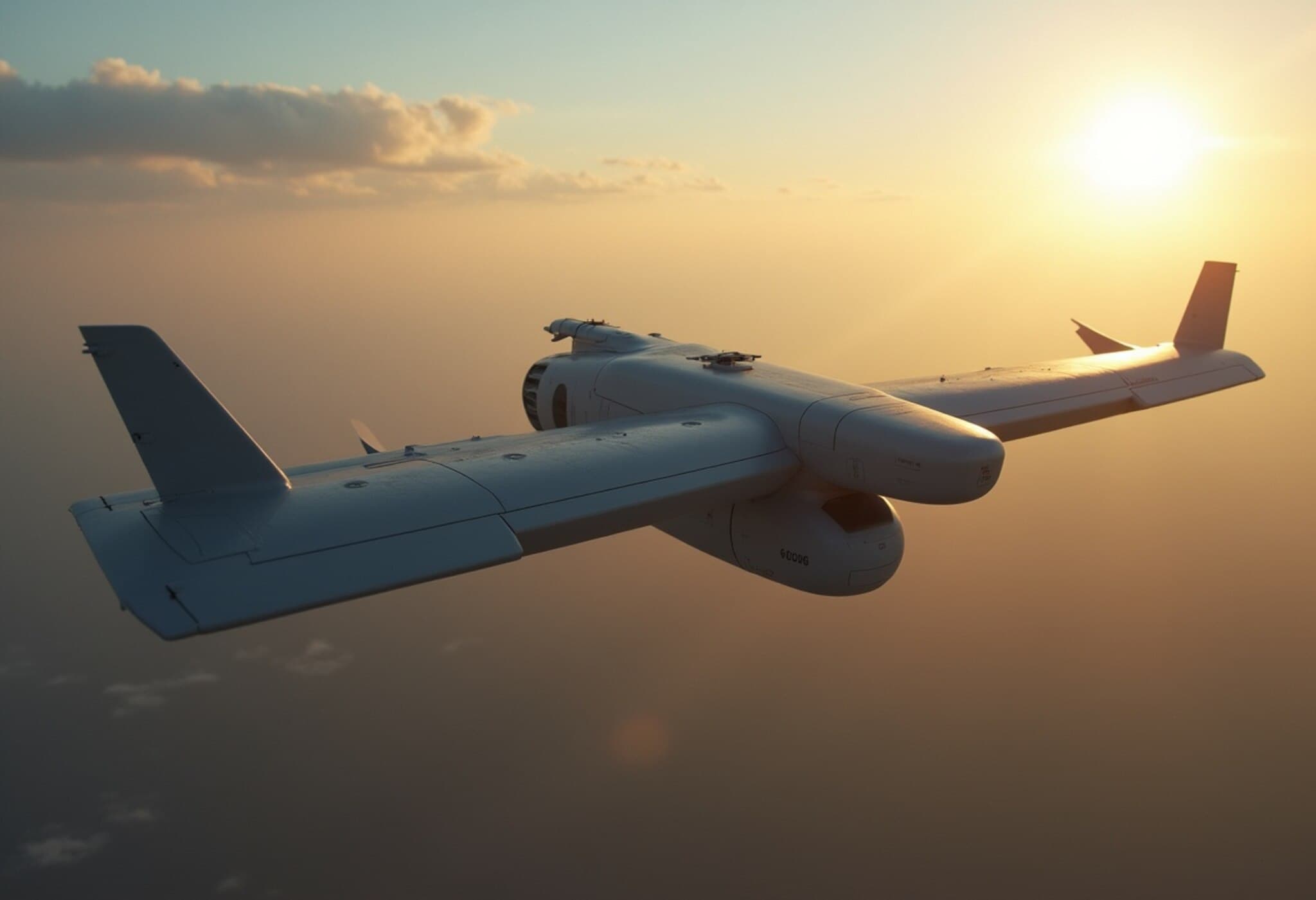Israel Prepares to Enforce Military Draft on Ultra-Orthodox Students
In a move stirring significant debate within Israeli society, the Israel Defense Forces (IDF) announced plans to issue 54,000 call-up notices to ultra-Orthodox Jewish seminary students. This decision aligns with a recent Supreme Court ruling that ended a longstanding exemption shielding these students from mandatory military service.
Background: A Shift From Tradition
For decades, ultra-Orthodox (Haredi) men studying in yeshivas were largely exempt from military duties—a policy rooted in Israel’s early statehood when the ultra-Orthodox comprised only a small minority of the population. Today, representing about 13% of Israel’s population, this community is growing, generating renewed pressure to reassess conscription policies.
Compulsory Service Context
Military service in Israel is nearly universal among Jewish citizens starting at age 18, lasting between 24 to 32 months depending on the role, supplemented by years of reserve duty. Conversely, Israel’s Arab population, around 21% of the population, is largely exempt, though voluntary enlistment occurs.
Political and Societal Tensions
The draft notice rollout comes amid heightened military strain, with Israel’s armed forces stretched across multiple fronts — engagements against Hamas in Gaza, Hezbollah in Lebanon, confrontations with Iranian proxies in Yemen, and broader regional instability.
Ultra-Orthodox leaders, who hold critical balance in Prime Minister Benjamin Netanyahu’s coalition government, express deep concerns. They warn that integrating seminary students alongside secular soldiers, including women, threatens to erode their community’s religious identity and way of life.
Military Assurances and Legislative Developments
In response, the IDF has pledged to respect ultra-Orthodox religious practices by tailoring military conditions and developing supportive programs to ease their integration. The call-up notices are scheduled to be dispatched this month.
Parallel to military actions, two ultra-Orthodox parties within Netanyahu’s coalition are actively pursuing legislative compromises aimed at preserving religious sensitivities while adhering to the Supreme Court’s mandate.
Expert Insight: Balancing Security and Social Cohesion
The debate underscores a perennial challenge in Israeli society: weighing national security imperatives against complex religious and cultural identities. Experts note that bringing ultra-Orthodox youth into the military fold could enhance social integration and broaden the manpower base, which is critical as Israel faces multifaceted security threats.
At the same time, integration efforts must navigate nuances of religious observance, community norms, and gender dynamics. The success of this policy will largely depend on the Israeli government’s ability to foster inclusive yet respectful frameworks that do not alienate the ultra-Orthodox community.
Underreported Perspectives
- The socioeconomic implications of conscription on ultra-Orthodox communities, traditionally less economically integrated, deserve closer scrutiny.
- There is an ongoing discussion about the psychological impact on young men transitioning from insulated religious environments into the highly structured and secular military culture.
- Moreover, the shuffle in conscription laws could ripple into political realignment, testing the resilience of Netanyahu’s coalition amid fragile parliamentary balances.
Looking Ahead
The upcoming weeks will be critical as the IDF initiates the drafting process and lawmakers continue negotiations to shape legislation that reconciles constitutional mandates with religious freedoms. This saga reflects Israel’s broader journey toward cultural pluralism within a security-conscious landscape.
Editor's Note: Israel's decision marks a pivotal moment in harmonizing military obligations with religious identity. It raises essential questions about how nations can uphold democratic principles while respecting minority traditions. Observers and policymakers worldwide can glean lessons about integration, social cohesion, and balancing competing societal demands.












